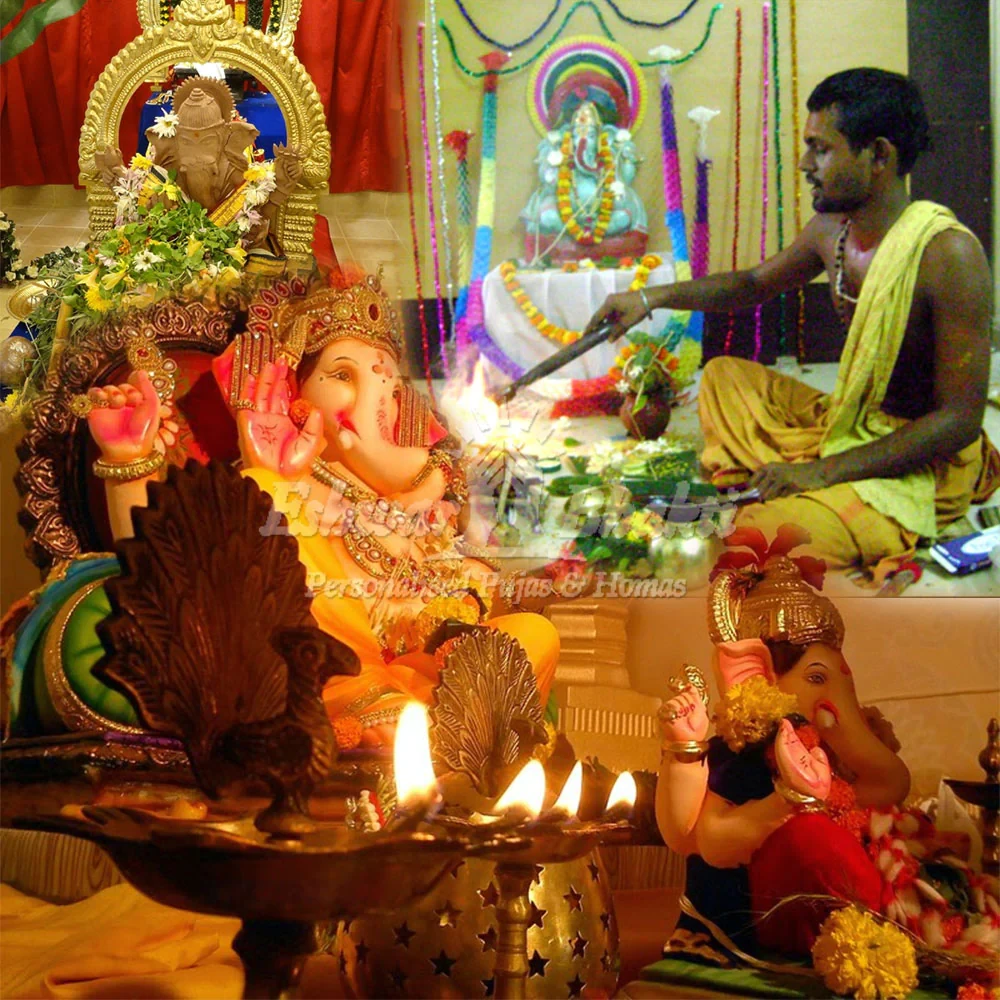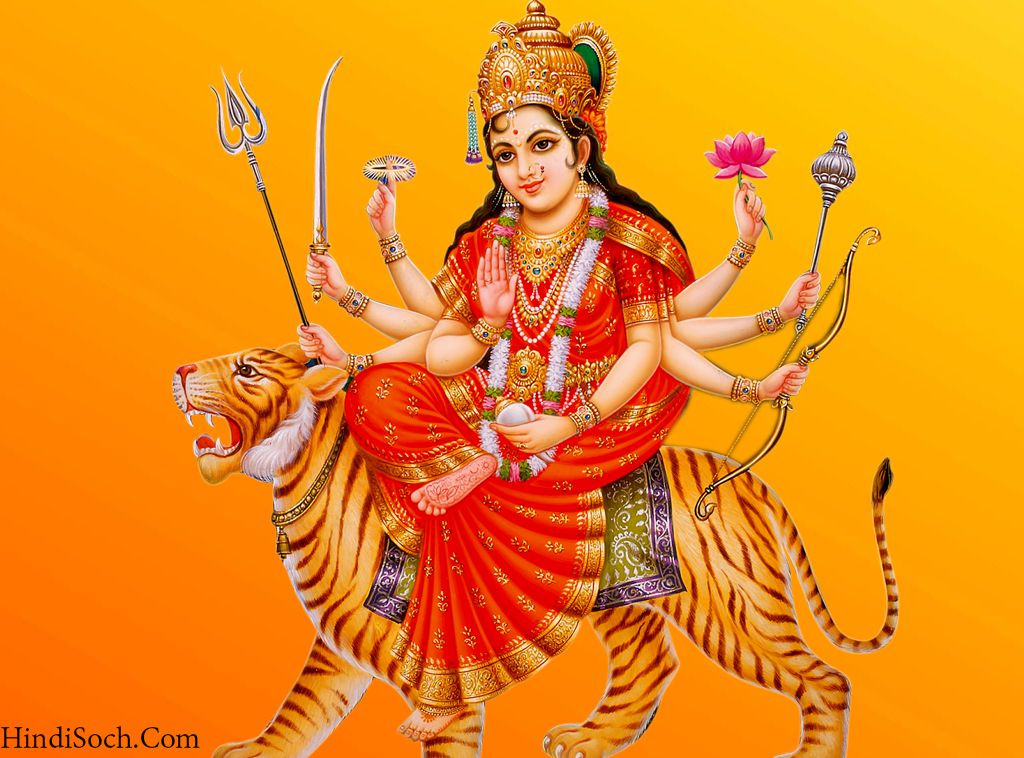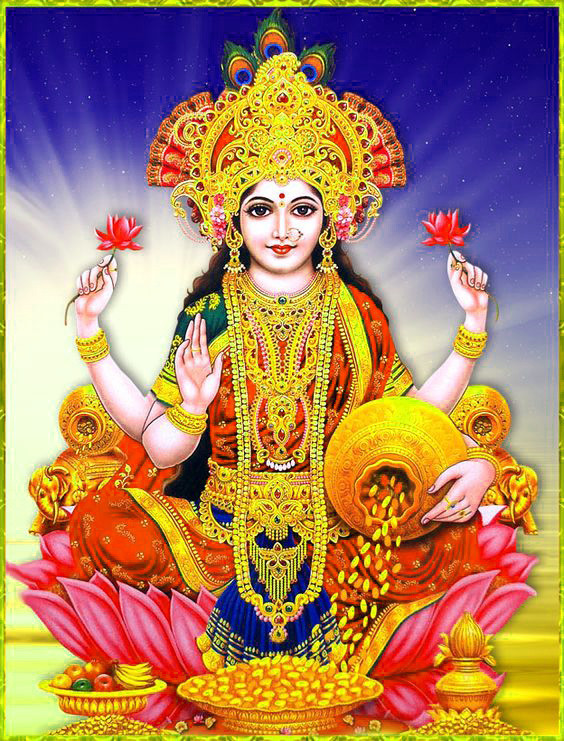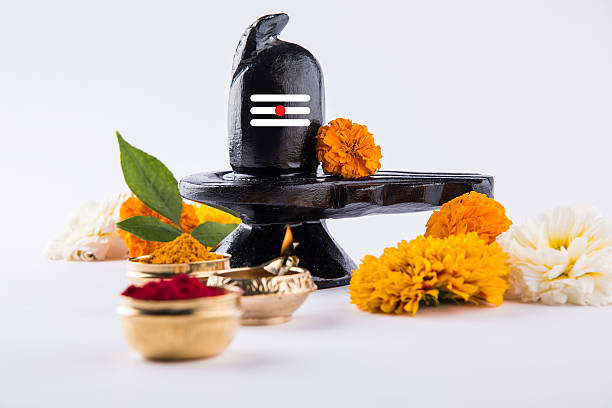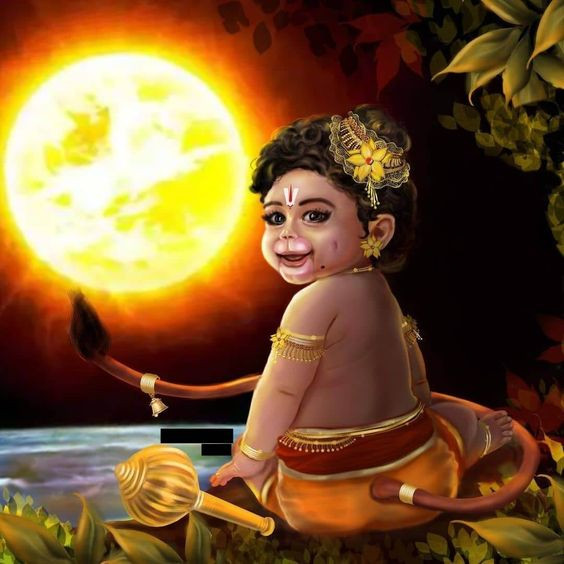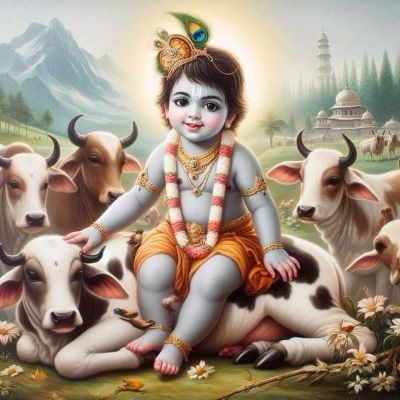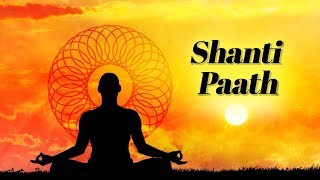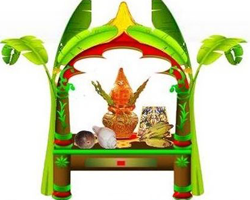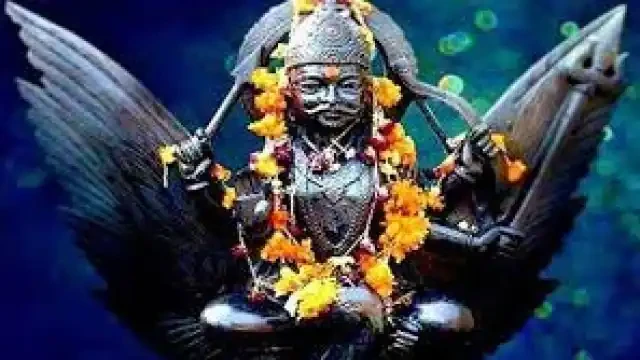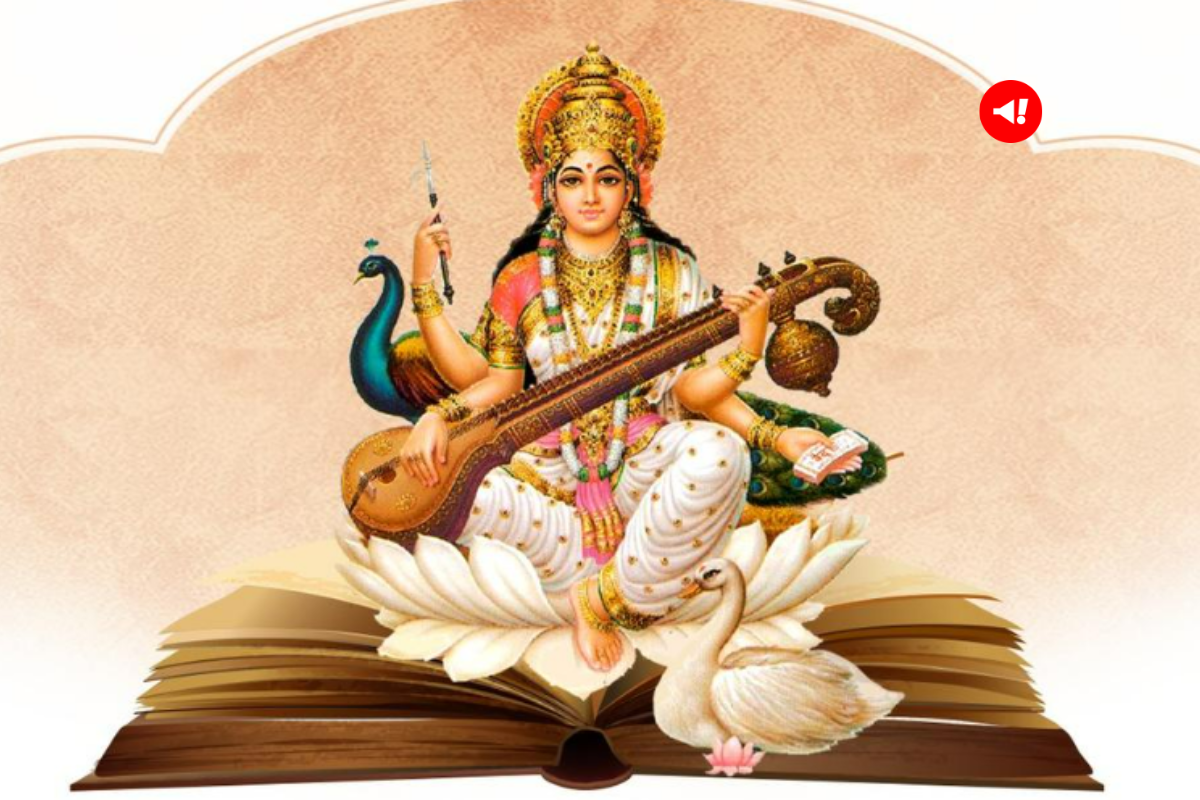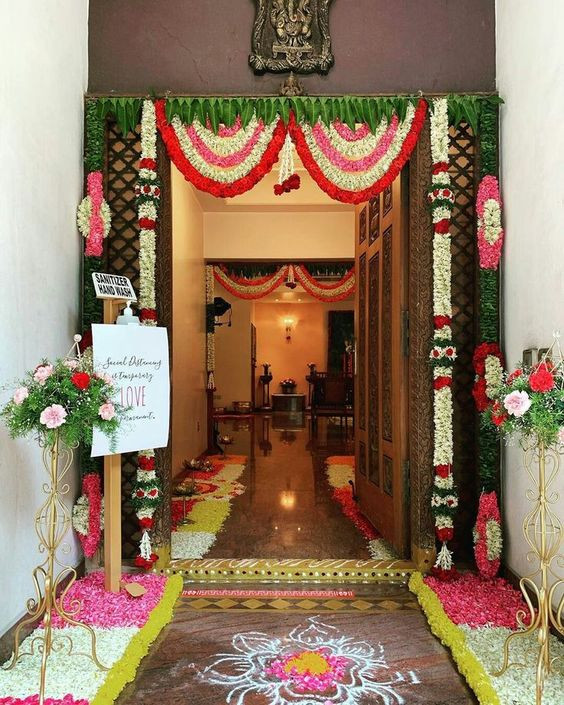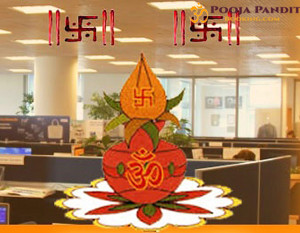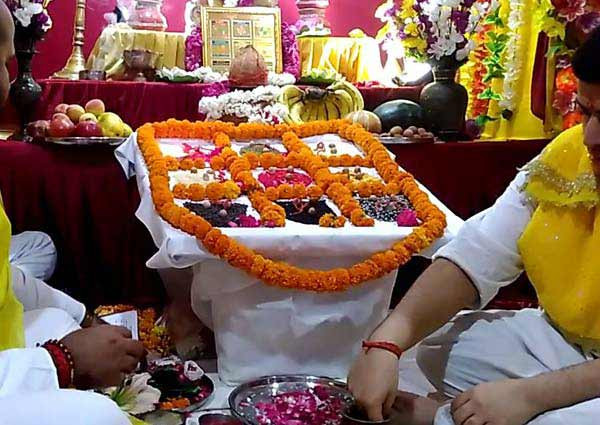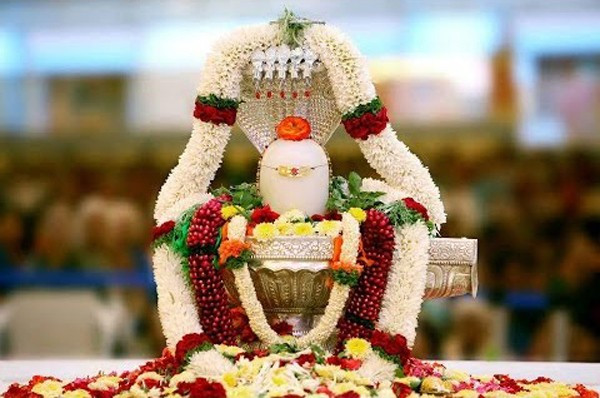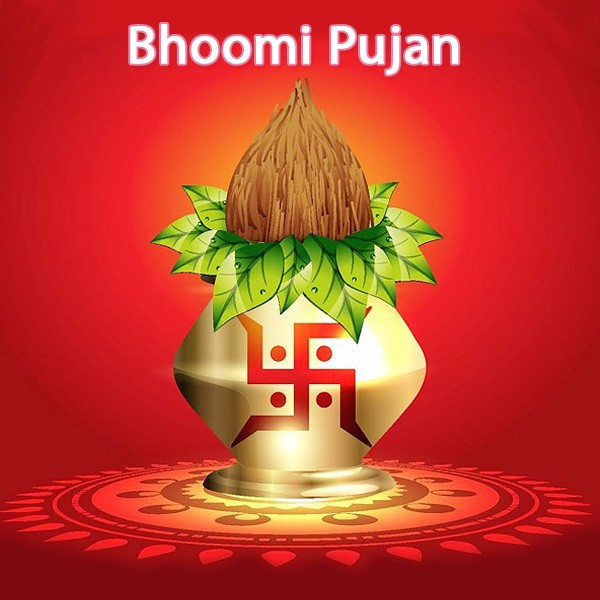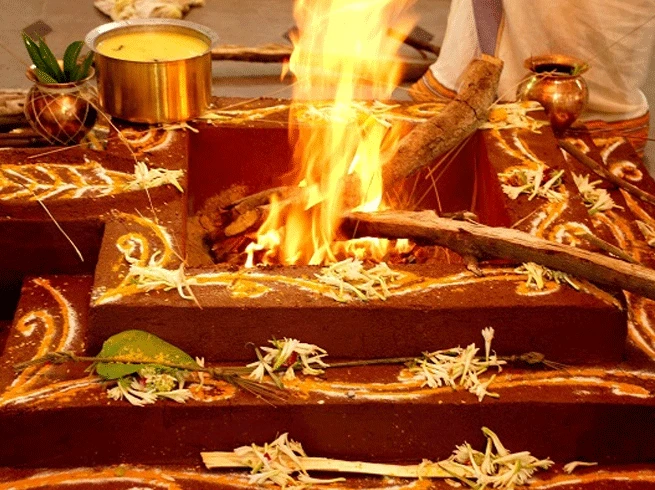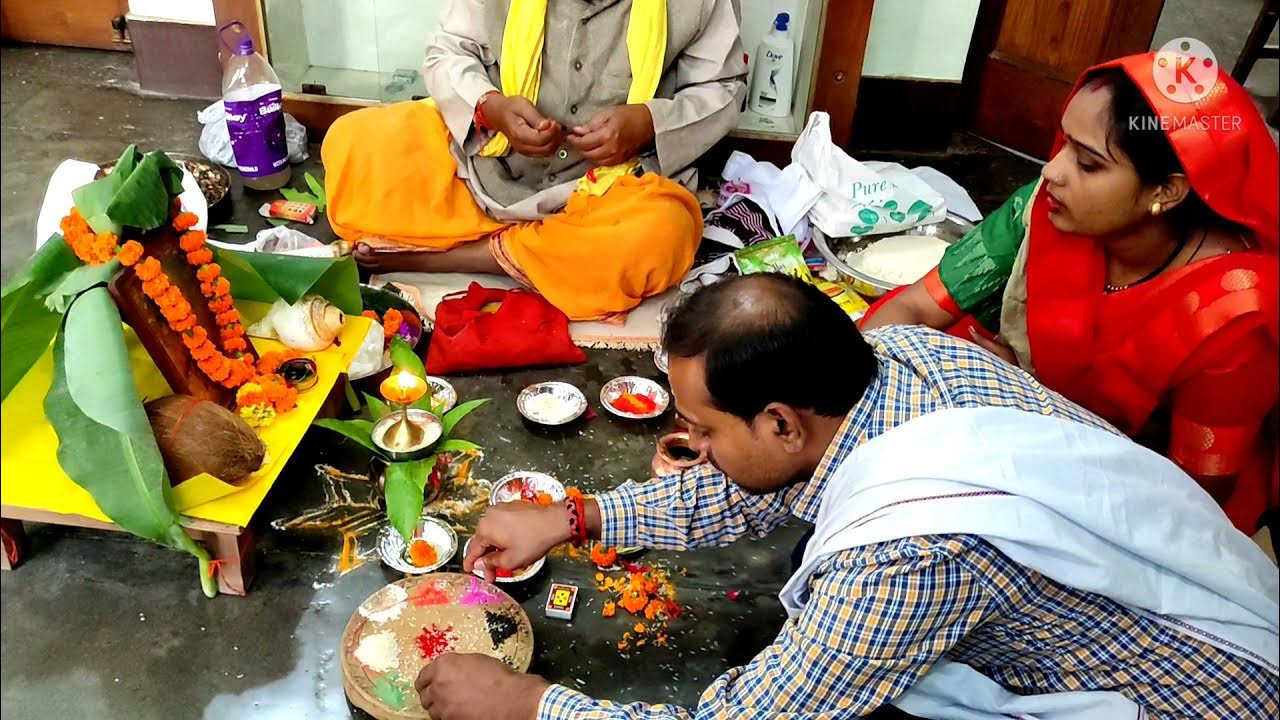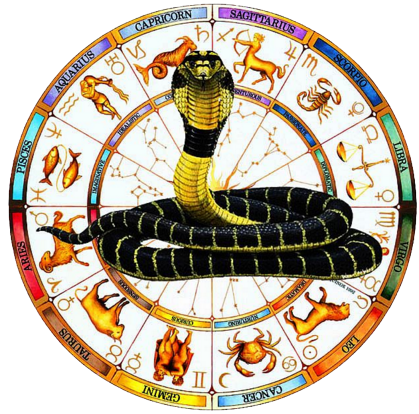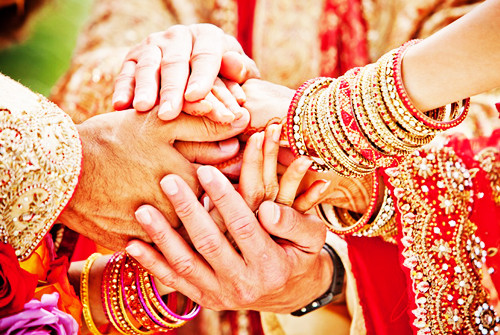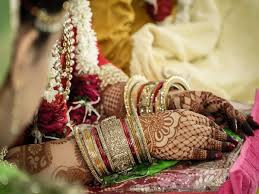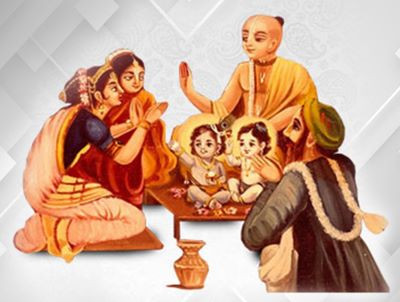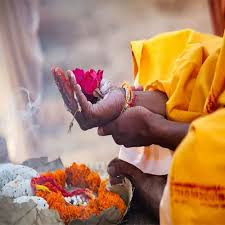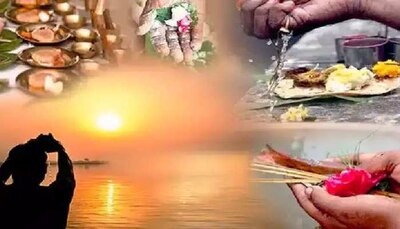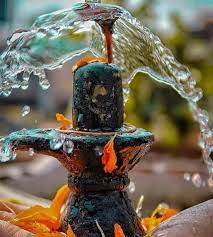
Solah Somvar Katha
The Solah Somvar Katha is a narrative or story associated with the Solah Somvar Vrat, a religious observance dedicated to Lord Shiva. This katha is recited or listened to by devotees during the course of the 16-week fasting period, typically on Mondays. The narrative emphasizes the significance and benefits of observing the Solah Somvar Vrat and highlights the devotion of individuals towards Lord Shiva.
While the specific details of the katha may vary across regions and traditions, here is a general outline of the story:
-
Introduction: The katha often begins with an introduction to the importance of Lord Shiva and the significance of the Solah Somvar Vrat. It may include details about the origin and purpose of the vrat.
-
Devotee's Penance: The narrative may feature a devoted individual, often a woman, who decides to observe the Solah Somvar Vrat for the well-being and longevity of her husband or for seeking blessings from Lord Shiva.
-
Challenges and Obstacles: The devotee faces various challenges and obstacles during the course of the vrat. These challenges may test the devotee's faith and determination.
-
Lord Shiva's Grace: As the devotee persists in their devotion and follows the vrat with sincerity, Lord Shiva becomes pleased with their dedication. The narrative highlights instances where Lord Shiva intervenes to help the devotee overcome challenges.
-
Blessings and Rewards: The katha concludes with the devotee receiving the blessings of Lord Shiva. The rewards may include the fulfillment of wishes, protection for the family, and general well-being.
-
Moral and Teachings: The katha often carries moral and spiritual teachings, emphasizing qualities like devotion, perseverance, and faith in the divine.
It's important to note that the Solah Somvar Katha may be told in various forms, and different versions may exist based on regional variations and cultural practices. Devotees recite or listen to the katha with reverence as part of their religious observance during the Solah Somvar Vrat.
What you will get:
- The Solah Somvar Katha is a narrative associated with the Solah Somvar Vrat, and it is typically recited or listened to as part of the religious observance. While the specific offerings or rituals during the recitation of the katha may vary based on individual and regional customs, here are some common practices:
- 1.Devotional Items: Prasad: Devotees may offer prasad, which can include fruits, sweets, or any other food considered suitable for offering to the deity. Bilva Leaves (Belpatra): Offering bilva leaves to Lord Shiva is considered auspicious. Devotees may place these leaves on the Shiva Lingam or use them as part of the offering.
- 2.Pooja Samagri: Water: Water is a common offering during prayers and rituals. Devotees may offer water to Lord Shiva as a symbol of purity. Milk: Milk is another traditional offering associated with Lord Shiva. It symbolizes purity and devotion.
- 3.Lighting of Lamps (Diya or Deepa): Lighting lamps is a common practice during Hindu rituals. Devotees may light lamps to symbolize the dispelling of darkness and the presence of divine light.
- 4.Incense (Dhoop or Agarbatti): Burning incense is a customary practice during worship. It is believed to purify the environment and create a conducive atmosphere for prayer.
- 5.Offering of Camphor (Kapoor): Camphor is often used in Hindu rituals for its purifying properties. Devotees may offer camphor while reciting the katha.
- 6.Rudraksha Beads or Rosary: Some devotees use a Rudraksha bead or a rosary (mala) to keep count while chanting mantras or prayers associated with Lord Shiva.
- 7.Cloth and Garland: Devotees may offer clean and traditional cloth or garlands to Lord Shiva as a sign of respect and devotion.
- It's important to note that the specific items offered during the Solah Somvar Katha can vary based on personal preferences, local customs, and the resources available. The emphasis is on sincerity, devotion, and following the rituals with a pure heart. Before starting any religious observance, it's advisable to consult with a knowledgeable person or a priest for guidance on the specific practices and customs associated with the Solah Somvar Vrat in your region.
Benifits of the Package:
- The Solah Somvar Vrat Katha, which involves fasting on sixteen consecutive Mondays dedicated to Lord Shiva, is primarily observed for its spiritual and religious significance. While the benefits are often viewed in a spiritual or cultural context, individuals who observe this vrat may believe in a range of positive outcomes. Here are some perceived benefits:
- 1. Blessings of Lord Shiva: Devotees believe that observing the Solah Somvar Vrat with devotion and sincerity brings the blessings of Lord Shiva. This may include spiritual growth, mental peace, and overall well-being.
- 2. Fulfillment of Wishes: The vrat is often associated with the fulfillment of heartfelt desires. Devotees may pray for various aspects of their lives, including health, prosperity, and harmonious relationships.
- 3. Cleansing and Purification: Fasting and engaging in devotional practices during the vrat are thought to purify the mind, body, and soul. It is seen as a way to rid oneself of negative energies and impurities.
- 4. Family Harmony: Some individuals observe the Solah Somvar Vrat to seek blessings for family well-being and unity. It is believed that the vrat contributes to creating a harmonious and loving family environment.
- 5. Spiritual Discipline: Participating in the Solah Somvar Vrat requires dedication and discipline as it involves fasting and adhering to specific rituals. This discipline is seen as a means of spiritual growth and self-control.
- 6. Removal of Obstacles: Devotees may pray for the removal of obstacles and challenges in their lives. Lord Shiva is often revered as the one who can help overcome difficulties and hurdles.
- 7. Karmic Benefits: Some people believe that observing the vrat can have positive karmic effects, contributing to the accumulation of good karma and the reduction of negative karma.
- 8. Cultural and Traditonal Connection: Participating in the Solah Somvar Vrat helps individuals connect with their cultural and religious heritage. It fosters a sense of community and shared beliefs among those who observe the vrat.
- It's important to note that these perceived benefits are rooted in faith and cultural traditions. Individuals may find personal meaning and fulfillment in participating in the Solah Somvar Vrat, and the benefits are often subjective and individualized.
Service Availability
- Sunday 08:00 AM - 02:00 PM
- Monday 08:00 AM - 02:00 PM
- Tuesday 08:00 AM - 02:00 PM
- Wednesday 08:00 AM - 02:00 PM
- Thursday 08:00 AM - 02:00 PM
- Friday 01:00 AM - 05:30 AM
- Saturday 01:20 AM - 12:40 PM

